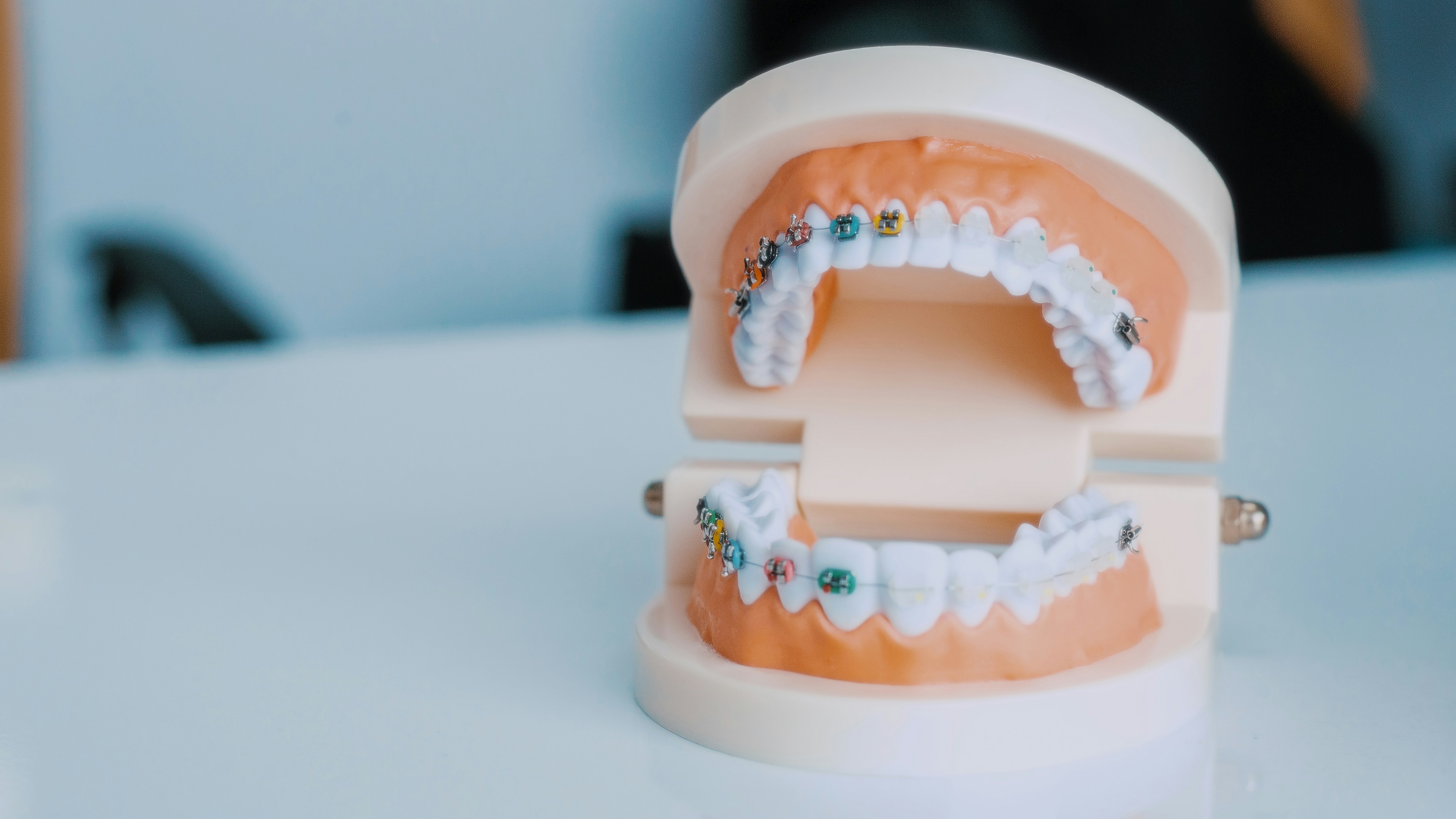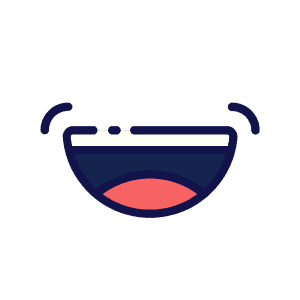
15 nov. 2024
Dietary Changes That May Help Reduce Bruxism Symptoms
Dietary Changes to Consider
1. Reduce Caffeine Intake
Caffeine is a known stimulant that can increase anxiety and muscle tension. Reducing your intake of coffee, tea, and energy drinks, especially in the afternoon and evening, may help alleviate bruxism symptoms.
2. Limit Alcohol Consumption
While alcohol may initially seem relaxing, it can disrupt sleep patterns and contribute to teeth grinding. Limiting your alcohol consumption, particularly before bedtime, can lead to better sleep quality and reduce bruxism episodes.
3. Incorporate Anti-Inflammatory Foods
Foods rich in omega-3 fatty acids, such as fatty fish, walnuts, and flaxseeds, can help reduce inflammation in the body. A diet high in fruits, vegetables, and whole grains also supports overall health and may alleviate muscle tension.
4. Stay Hydrated
Dehydration can lead to muscle cramps and tension. Make sure to drink plenty of water throughout the day to keep your body hydrated, which can help reduce the likelihood of grinding your teeth at night.
5. Utilize the Bruxism+ App
The Bruxism+ app can assist you in tracking your dietary habits alongside your bruxism symptoms. By logging your food intake, you may identify patterns and make necessary adjustments to support your oral health. The app also offers relaxation techniques that can complement your dietary changes.
Conclusion
Making dietary changes can have a positive impact on managing bruxism symptoms. By reducing caffeine and alcohol intake, incorporating anti-inflammatory foods, and staying hydrated, you can support your overall health and reduce teeth grinding episodes. The Bruxism+ app is a valuable resource that can help you monitor your habits and implement effective strategies for better oral health. Start making these dietary changes today for a bruxism-free tomorrow.
Dietary Changes to Consider
1. Reduce Caffeine Intake
Caffeine is a known stimulant that can increase anxiety and muscle tension. Reducing your intake of coffee, tea, and energy drinks, especially in the afternoon and evening, may help alleviate bruxism symptoms.
2. Limit Alcohol Consumption
While alcohol may initially seem relaxing, it can disrupt sleep patterns and contribute to teeth grinding. Limiting your alcohol consumption, particularly before bedtime, can lead to better sleep quality and reduce bruxism episodes.
3. Incorporate Anti-Inflammatory Foods
Foods rich in omega-3 fatty acids, such as fatty fish, walnuts, and flaxseeds, can help reduce inflammation in the body. A diet high in fruits, vegetables, and whole grains also supports overall health and may alleviate muscle tension.
4. Stay Hydrated
Dehydration can lead to muscle cramps and tension. Make sure to drink plenty of water throughout the day to keep your body hydrated, which can help reduce the likelihood of grinding your teeth at night.
5. Utilize the Bruxism+ App
The Bruxism+ app can assist you in tracking your dietary habits alongside your bruxism symptoms. By logging your food intake, you may identify patterns and make necessary adjustments to support your oral health. The app also offers relaxation techniques that can complement your dietary changes.
Conclusion
Making dietary changes can have a positive impact on managing bruxism symptoms. By reducing caffeine and alcohol intake, incorporating anti-inflammatory foods, and staying hydrated, you can support your overall health and reduce teeth grinding episodes. The Bruxism+ app is a valuable resource that can help you monitor your habits and implement effective strategies for better oral health. Start making these dietary changes today for a bruxism-free tomorrow.
Dietary Changes to Consider
1. Reduce Caffeine Intake
Caffeine is a known stimulant that can increase anxiety and muscle tension. Reducing your intake of coffee, tea, and energy drinks, especially in the afternoon and evening, may help alleviate bruxism symptoms.
2. Limit Alcohol Consumption
While alcohol may initially seem relaxing, it can disrupt sleep patterns and contribute to teeth grinding. Limiting your alcohol consumption, particularly before bedtime, can lead to better sleep quality and reduce bruxism episodes.
3. Incorporate Anti-Inflammatory Foods
Foods rich in omega-3 fatty acids, such as fatty fish, walnuts, and flaxseeds, can help reduce inflammation in the body. A diet high in fruits, vegetables, and whole grains also supports overall health and may alleviate muscle tension.
4. Stay Hydrated
Dehydration can lead to muscle cramps and tension. Make sure to drink plenty of water throughout the day to keep your body hydrated, which can help reduce the likelihood of grinding your teeth at night.
5. Utilize the Bruxism+ App
The Bruxism+ app can assist you in tracking your dietary habits alongside your bruxism symptoms. By logging your food intake, you may identify patterns and make necessary adjustments to support your oral health. The app also offers relaxation techniques that can complement your dietary changes.
Conclusion
Making dietary changes can have a positive impact on managing bruxism symptoms. By reducing caffeine and alcohol intake, incorporating anti-inflammatory foods, and staying hydrated, you can support your overall health and reduce teeth grinding episodes. The Bruxism+ app is a valuable resource that can help you monitor your habits and implement effective strategies for better oral health. Start making these dietary changes today for a bruxism-free tomorrow.
Nos dernières histoires :


15 nov. 2024
Dietary Changes That May Help Reduce Bruxism Symptoms


11 nov. 2024
The Impact of Jaw Alignment on Bruxism: What You Need to Know


8 nov. 2024
Comprendre l'apnée du sommeil et son lien avec le bruxisme
Voir tous les posts
Médias sociaux
Médias sociaux
Médias sociaux


